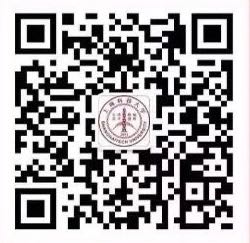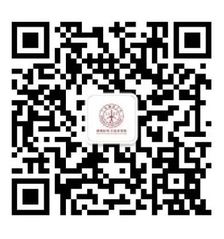Speak: Prof. Sang-Mo Koo
Time: 10:00-11:00, Dec. 20
Host: Prof. Tao Wu / Jangyong Kim
Abstract:
Silicon carbide (SiC) show superior material properties enabling operation at higher temperatures and voltages, as well as improved switching speeds of power devices, such as diodes and MOSFETs, than Si technology.
Whereas a new generation of SiC power devices is being developed for future power applications in which traditional Si power devices show limited operation, still the principles of design parameters of conventional structure remain important.Up to now medium-low power SiC modules (600 ~1.7 kV) became visible in the market, whereas ultra-high power devices ( > few kV to UHV) in SiC are still going through early stage of their technological development.
This presentation will cover the basic advantages of SiC building blocks and point out important device structures including Diodes and FETs in SiC for different applications.
Also, in this talk, an overview of SiC devices research activities at Kwangwoon University and of Korean Industries will be given. The research activities of SiC semiconductor devices includes design, process and characterizations of SiC Diodes and FETs, which can be introduced for environment friendly renewable energy and high voltage direct current (HVDC) systems. SiC building block devices for sensors are also studied, which have a potential for applications in the field of biomedical research, due to its nontoxic, biocompatibility, chemical stability under physiological conditions, and ability for selective functionalization toward specific targets..
Bio:
Sang-Mo Koo is currently Professor of Electronic Materials Engineering, Leader of Semiconductor Nanoelectronic Devices Laboratory, and Director of the Research Center for Energy Device-System at Kwangwoon University (KWU), Seoul, Korea. He has worked as a full-time faculty member of KWU since 2006.
Prior to joining KWU, he was at the Semiconductor Electronics Division of National Institute of Standards and Technology (NIST), USA, where he was among the founding research members of NIST-Nanofab and leaded research showed improved inversion mobility in nanowire-transistors.
From 1997 to 2003, he had been with the Royal Institute of Technology (KTH), Stockholm, Sweden, where he received the Licentiate degree in engineering materials physics in 1999 and Ph.D. degree in electronics in 2003. At the Device Technology Lab of KTH, he has been engaged in the development of field-effect transistors in wide bandgap silicon carbide semiconductors. His achievements include first to demonstrate junction-MOSFETs and ferroelectric transistors in silicon carbide. He was recipient of Wallenberg Foundation Scholarship in 1999 and was invited student to 1998 Nobel Prize award Ceremony in Stockholm and 2000 Peace Prize award ceremony in Oslo.
In 1999, he was a Visiting Researcher at Francis Bitter Magnet Lab, Massachusetts Institute of Technology (MIT), Cambridge, where he researched on magnetic memory junctions. He received the B.S. degree in electrical engineering from Korea University, Seoul, Korea in 1997.
Dr. Koo’s research interests relate to materials and devices for future wide-band gap materials-based electronic device. He has written two book chapters and authored over 120 refereed publications and given over 30 invited talks and has been involved in numerous conferences..
Sist seminar 18225




 沪公网安备 31011502006855号
沪公网安备 31011502006855号


